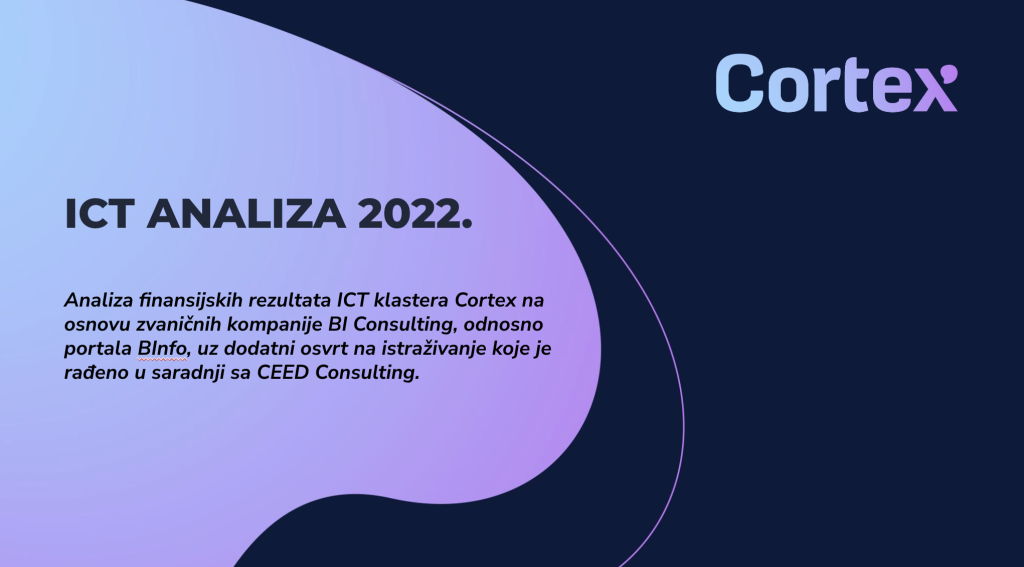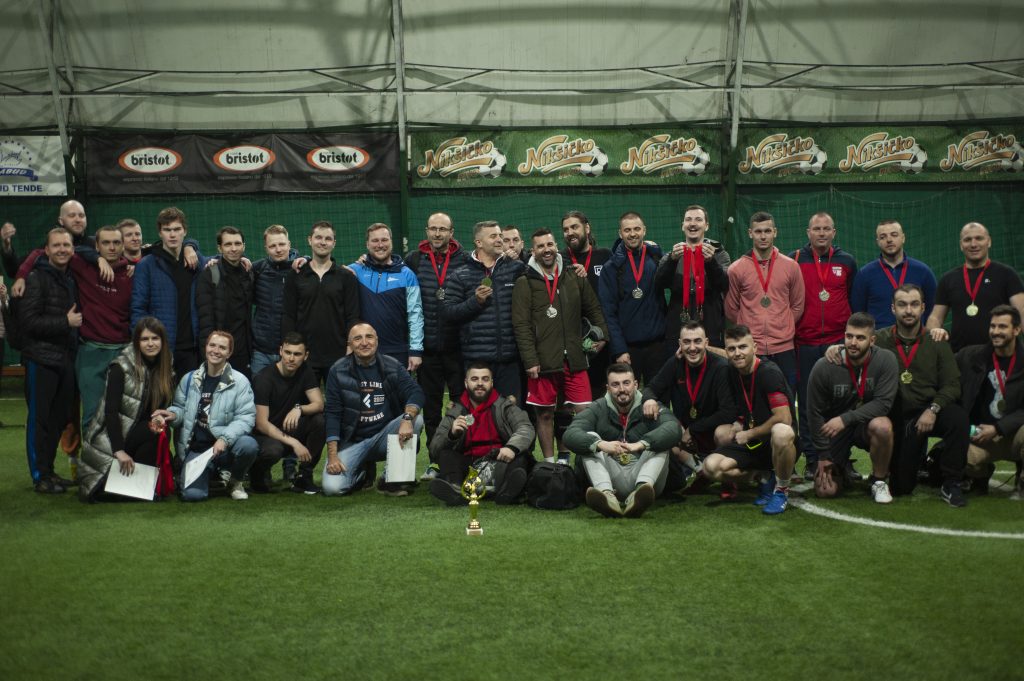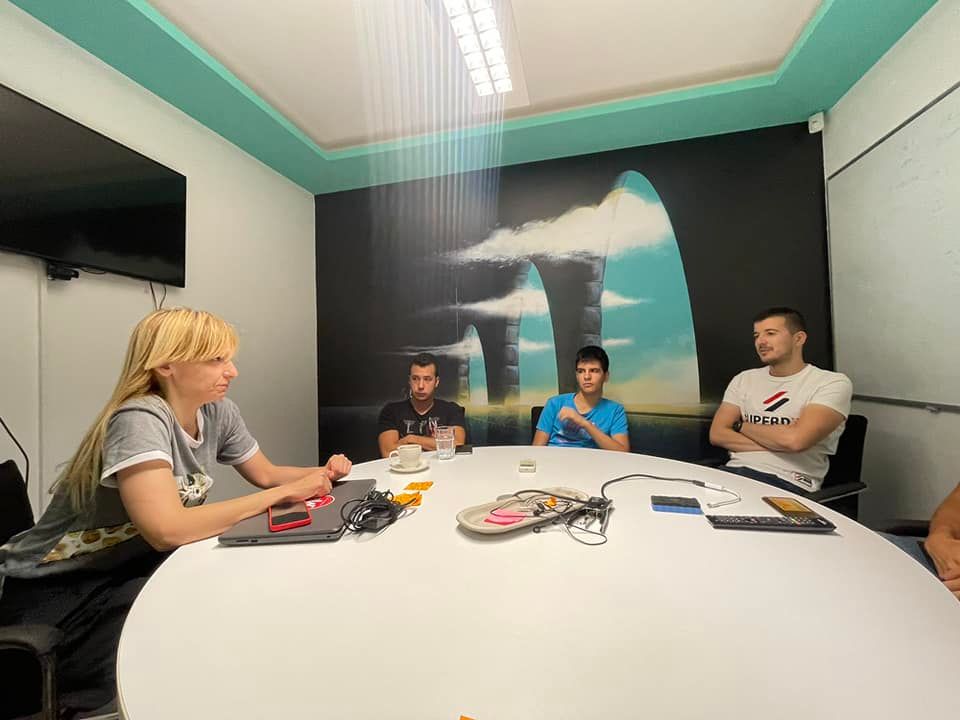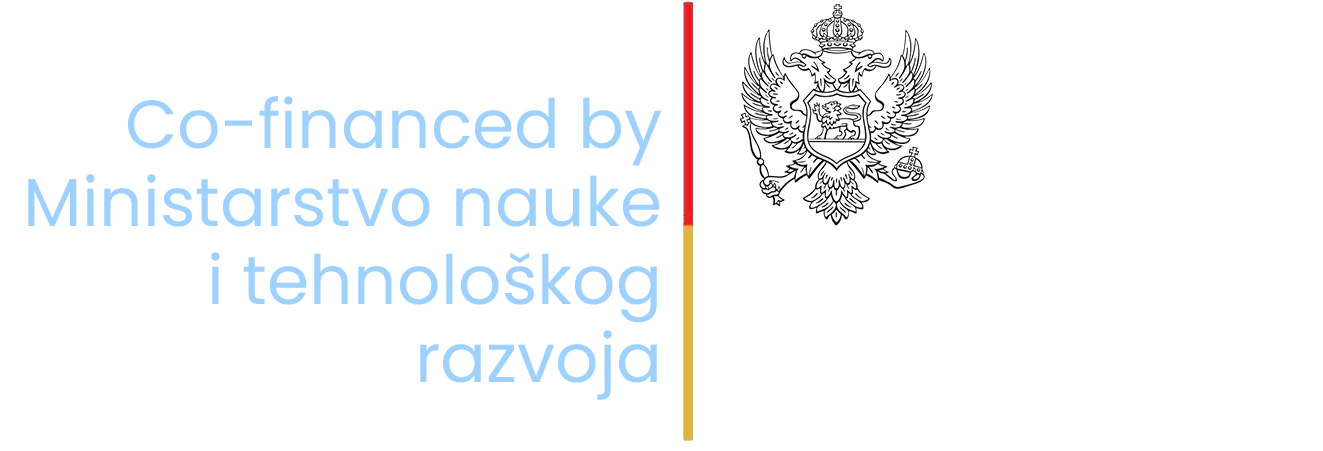Cortex analyzes the ICT industry, achieves record numbers

Based on the ICT analysis and research conducted by CEED Consulting, we can conclude that the ICT sector is one of the fastest-growing, at least in the context of Montenegro. […]
The first ICT Cortex Football Tournament

In Podgorica, on February 25th, the first ICT Cortex Football Tournament was held in collaboration with the IT company First Line Software. The main goal of the tournament, in which […]
The “StepUp with Cortex” project successfully finalized

The “StepUp with Cortex” project, which the ICT Cortex cluster implemented in cooperation with the Capital City of Podgorica, with the support of the Kingdom of Norway through the “Norway […]
The “StepUp with Cortex” project of ICT Cortex and the Capital City of Podgorica improved the competitiveness of 12 small IT companies

ICT Cortex, in cooperation with the Capital city of Podgorica, realized the project “StepUp with Cortex”, which was supported by the Kingdom of Norway through the project “Norway for you […]
Montenegrin ICT Startups presented their innovations at the largest IT exhibition in Lisbon

In the previous weeks, Lisbon was the epicenter of technological innovation. Over 70 thousand participants from 161 countries, 2696 startups, 1050 speakers, and 1081 investors gathered at the largest technology […]
High school students started a free internship within the Cortex Academy

Students of Montenegrin secondary vocational schools from Nikšić, Podgorica, Bijelo Polje, and Rožaje who actively attended training in the field of web and mobile application development as part of the […]


